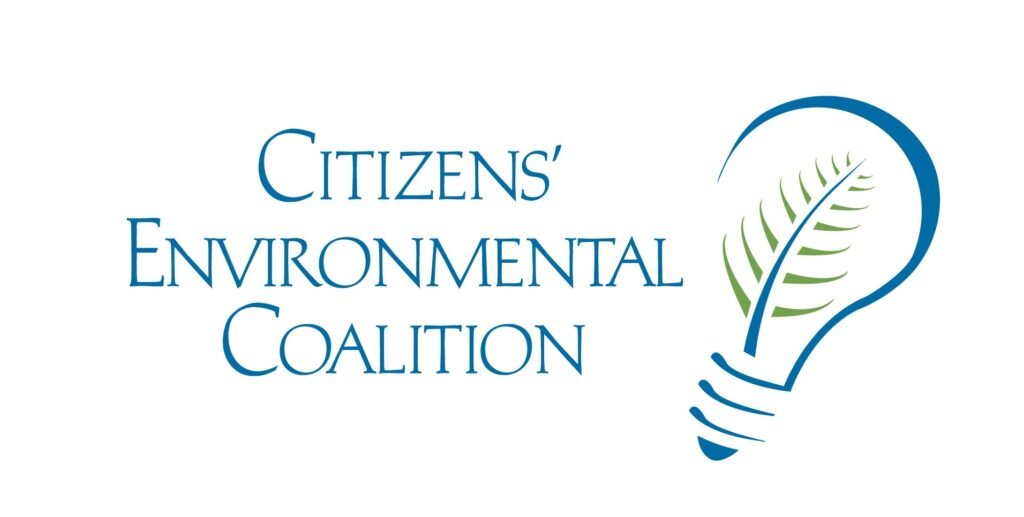Waste Reduction and Recycling
Below are resources to help you teach about waste reduction and recycling programs.
Overview
The average American generates 4.4 pounds of trash per day and recycles or composts only 1.53 pounds. As a whole, the United States produces approximately 250 million tons of trash each year and recycles and composts just over 87 million tons of this material, according to the U.S. E.P.A.
How does Houston recycle?
The City of Houston’s Solid Waste Management Department manages waste for city residents; check with your local provider for additional information.
In the curbside recycling bin, you may include these clean items: plastic (not #6), metal cans, aluminum, paper, flattened cardboard, and glass jars/bottles.
On designated months, you may leave yard waste/tree limbs at the curb for recycling.
On designated months, you may leave “junk waste” at the curb for pickup, including tires, mattresses, and appliances.
In addition, the following items may be taken to a neighborhood depository/recycling center rather than throwing them into your trash bin: used motor oil, Christmas trees, antifreeze, lawn chemicals, paint, batteries, and fluorescent light bulbs.
Electronics, depending on the model, may be taken back by the manufacturer or at a retail store. Use the Texas Recycles TVs Program or Texas Recycles Computers Program for assistance. Otherwise, watch for community electronics recycling collection events supported by the city.
Questions? Contact swdworks@houstontx.gov or 832-393-7766.
Local Resources
Reuse Warehouse in Houston - They accept leftover building material from individuals, supply companies, and builders, and make it freely available for reuse by any non-profit organization. Located at 9003 North Main. Contact 281-814-3324 or reuse.warehouse@houstontx.gov.
Houston Tool Bank - low-cost tool rental for nonprofits and schools. Why buy it for a one-time use? Share it with the community!
Who Keeps Houston Beautiful? We all do! Contact a Keep Texas Beautiful chapter in your community for help with recycling programs.
Adopt a Street Drain near you.
Promote Recycling Right, and use the Recycle Coach when you have questions about an item
Stopping Plastics and Litter Along Shorelines (SPLASh) regularly hosts coastal cleanups, engages local students with educational programs, and drive best waste management practices in communities.
Activities/Lessons
Elementary School
Talking Trash and Taking Action was developed as a means to educate the next generation about ocean trash and, most importantly, how we all can prevent it. Created through an educational partnership between Ocean Conservancy and the NOAA Marine Debris Program. Flexible curriculum, appropriate for all ages.
Take Care of Texas:
Making Recycled Paper for grades K-5
Conservation Cue Cards for grades 3-7
Junk Art for grade 2-5
Turning the Tide on Trash is a set of lesson plans and background information from NOAA that introduces educators, students and researchers to the topic of marine debris. The interdisciplinary education guide is designed to provide maximum flexibility in the classroom: it can be used as a stand-alone teaching tool or to supplement work in other subject areas.
Elliot and Friends Recycling Activity Book (PDF Version, or Word Version) from Keep Houston Beautiful
3 Lessons! Trash sort & timeline (with Math TEKS), 3 R’s and crafts, and trash collection tips with Recycle Right, Houston video.
Middle/High School
Complete a Consumption & Waste Audit (PDF or Word Version) with resources from the National Wildlife Federation.
Take Care of Texas:
Introduction to Landfills for 6-8th grade
Household Hazardous Waste Identification for 6-8th grade
Create your Own Compost for 3-8th grade
How to Recycle for 4-7th grade
Talking Trash and Taking Action was developed as a means to educate the next generation about ocean trash and, most importantly, how we all can prevent it. Created through an educational partnership between Ocean Conservancy and the NOAA Marine Debris Program. Flexible curriculum, appropriate for all ages.
Campus Debris Survey from NOAA - Students will be able to collect and analyze debris on their school or community grounds and make connections between trash on their campus and marine debris in the watershed. As a concluding project, students will create a poster, brochure, or public service announcement to educate other students on the ways their behavior can impact the ocean.
Marine Debris in the Southeast and Gulf of Mexico - Educators Guide from NOAA that contains multiple activities & introductory material about litter; derelict or abandoned boats; and lost or abandoned commercial and recreational fishing gear.
Videos
More Waste/Recycling Videos on the Citizens’ Environmental Coalition’s YouTube Channel
Recycling Right in Houston! Produced and Animated by CEC Media Production Intern Autumn Johnson.
Houston Electronic Recycling
Houston Solid Waste
Learn how to recycle fishing line correctly.
Join SciShow as we explore what happens to your stuff after you toss it into the little green bin with the arrows on it.
Teach students about trash pollution and collection.
Top 5 Most Common Types of Trash Polluting our Coastlines

